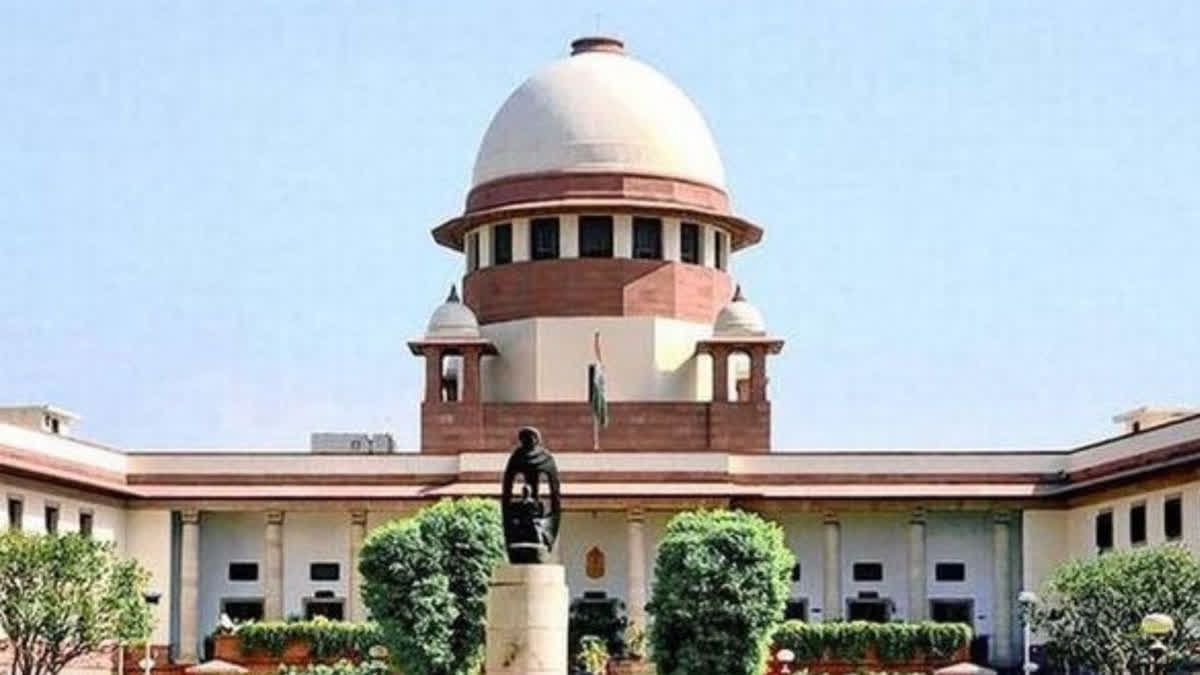The Supreme Court of India is poised to deliver a landmark verdict on February 15 regarding the contentious Electoral Bond scheme introduced by the Central government. This decision holds significant implications for the future of political funding in the country.
The Electoral Bond scheme, designed to facilitate anonymous funding to political parties, has come under intense scrutiny for its potential impact on transparency and accountability in the political arena. Several petitions challenging the scheme’s legality have been brought before the Constitution bench of the Supreme Court.
Critics of the Electoral Bond scheme argue that its anonymity provisions undermine the democratic process by enabling undisclosed and untraceable contributions to political parties. Such opacity, they contend, could breed corruption and compromise the integrity of electoral practices.
Conversely, proponents of the scheme assert that it provides a secure and confidential avenue for donors to support political causes without fear of backlash or reprisal. They argue that the scheme enhances flexibility in political funding while safeguarding the privacy of contributors.
The impending verdict by the Supreme Court will serve as a pivotal moment in India’s political landscape, shaping the framework for financial transparency and accountability within the electoral process. The decision holds the potential to redefine the parameters of political funding and uphold the principles of democratic governance in the country.
